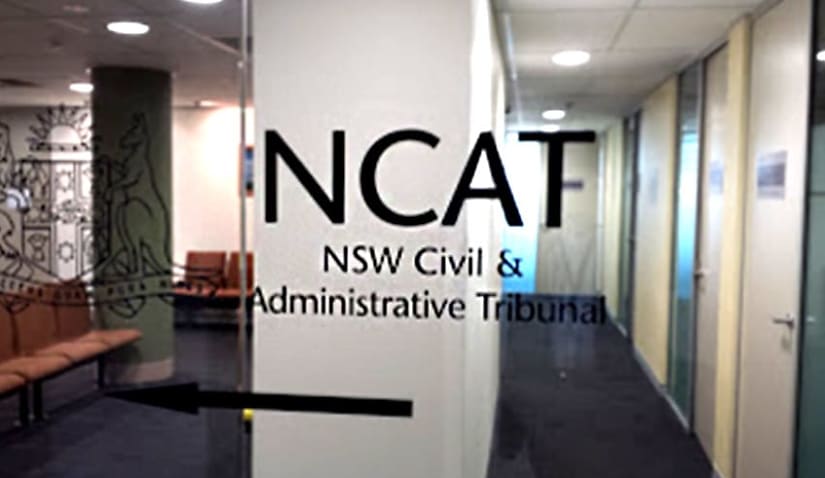The NSW justice department remained mostly tight-lipped on a presentation that taught practitioners how to “deal with difficult applicants”.

Advocate for freedom of information Telina Webb took the Department of Communities and Justice (DCJ) to a tribunal in order to gain access to a presentation that showed practitioners how to handle applicants deemed to be “unreasonable, vexatious, intimidating and harassing”.
However, NSW Civil and Administrative Tribunal (NCAT) member Kay Ransome agreed with the DCJ that there could be an “escalation of behaviour” by unreasonable complainants who would seek to use the presentation “to circumvent strategies currently in place”.
The presentation was delivered to members of the NSW Right to Information and Privacy Practitioners Network (NRIPPN) in March 2019. Although a non-government body, participants were allowed to use information but not disclose who a speaker or organisation was.
It was delivered by Jodie Cobbin, the director of Open Government, Information and Privacy Unit, which operates under DCJ Legal to handle applications under the Government Information (Public Interest) Act and ensure compliance with subpoenas and court orders.
Cobbin told NCAT that parts of the presentation had to remain secret because applicants might otherwise “circumvent the processes put in place for assessing unreasonable conduct and [there would be] consequent risk/harm to staff”.
In confidential portions of Cobbin’s affidavit, she included “considerable detail” of some behaviours displayed by difficult applicants and the effects of their “intimidating, harassing” conduct on employees.
She added there is already a backlog of access applications, and the unit’s capacity to deal with them is already “impeded by unreasonable complainants’ applications and behaviours”.
NCAT also heard the DCJ and Cobbin were concerned the release of the information “may impact the willingness of practitioners to engage in confidential, meaningful and important information sharing”.
“It is argued, therefore, that disclosure of this information would reasonably prejudice DCJ’s deliberative process in dealing with such conduct,” Ransome set out in written reasons.
“I accept that, if the information was released and thus available to the world, the ability of DCJ to provide a safe workplace would be hindered as unreasonable complainants have knowledge of the current strategies systems and would make every effort to circumvent those strategies.”
During the proceedings, the DCJ released five full slides and parts of five other slides to Webb.
Of the two that were withheld, Ransome said that one of the dot points should be released but agreed to keep the rest redacted.
